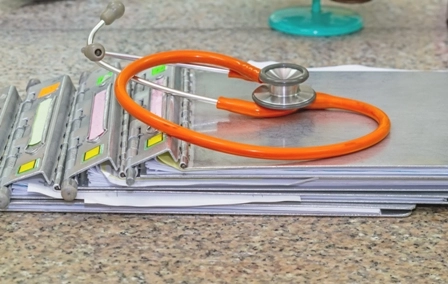Understand Ulcer Coding With This Scenario
Question: Our gastroenterologist saw a 66-year-old patient who complained of severe stomach pain and frequent black stools. The diagnosis was acute gastric ulcer with hemorrhage. How would I code that? Oregon Subscriber Answer: To find the most appropriate code, take a close look at the K25 (Gastric ulcer) section of ICD-10. You’ll see that code set includes acute erosion of the stomach and excludes K29.0- (Acute gastritis). Because the official diagnosis and patient record specifically calls out that the condition is acute, you know you can select one of the codes for acute versus chronic. That distinction requires the expertise of the practitioner, so right away you can disregard the following: That leaves you with the following choices: You also know from the official diagnosis that hemorrhage is present, which leaves only the question of whether there is perforation. Therefore, to decide between K25.0 and K25.2, check the notes for mention of that symptom. If no perforation is present, then K25.0 is the correct code. As always, if there are any discrepancies in the patient record, query your provider.

-min.webp)


